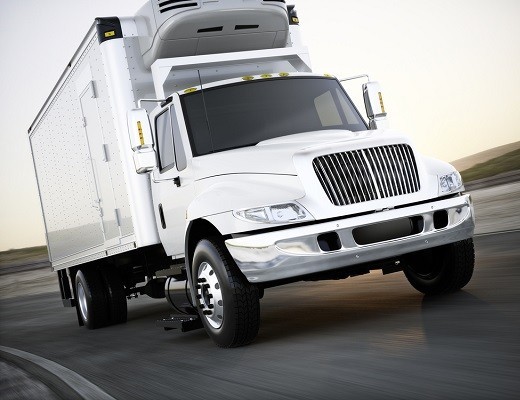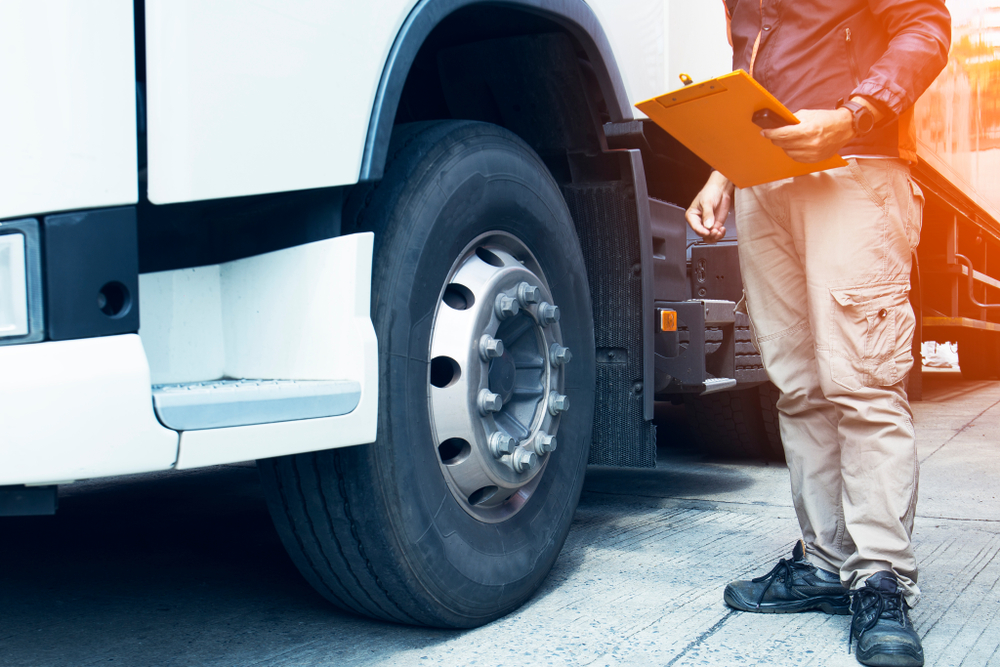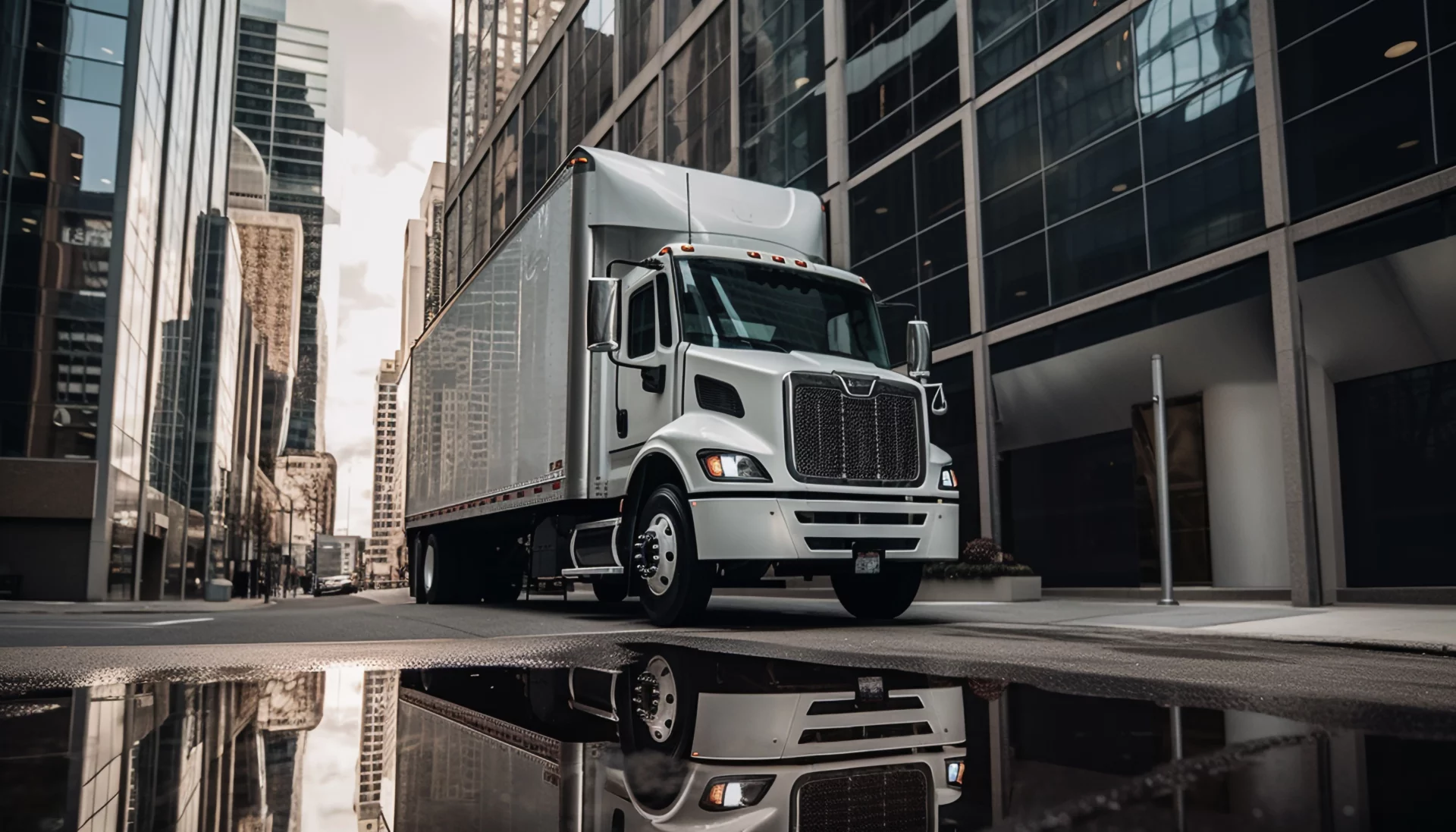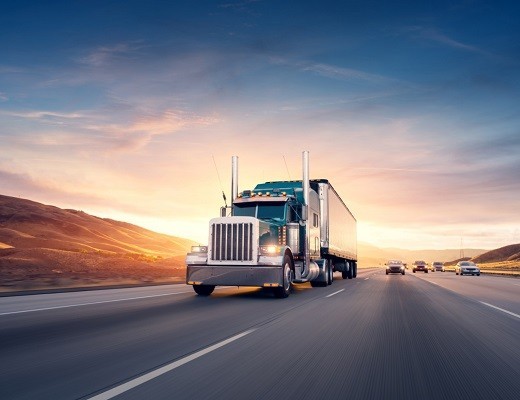

The Environmental Impact of Trucking and How to Reduce It
As a vital component of our modern economy, trucking unquestionably exacts an environmental toll. Yet, it’s equally true that strides have been made to mitigate this impact through modern regulations and the adoption of more efficient technologies. Nevertheless, much ground remains to be covered. To truly appreciate the transport impact on the environment and environmental repercussions of the trucking industry, we must delve deeper into the issue and grasp its full scale.
- Carbon Footprint of Trucking: A Closer Look
- The Magnitude of Trucking Emissions
- The Challenges and Realities of Trucking
- Advancements in Eco-Trucking
- Promoting Eco-Trucking Practices
- Toward a More Sustainable Future
Carbon Footprint of Trucking: A Closer Look
At the forefront of the trucking industry’s environmental impact is trucking carbon footprint of carbon dioxide, the ubiquitous greenhouse gas produced during the combustion of fuel. But carbon dioxide is not the sole offender; a myriad of other pollutants, some of which also fall under the greenhouse gas category, emanate from truck tailpipes. While cleaner-burning fuels and improved engine maintenance can curtail these emissions, it’s essential to remember that a gallon of diesel fuel inherently releases approximately 22 pounds of carbon dioxide into the atmosphere.
The Magnitude of Trucking Emissions
To put this in perspective, consider that America’s vast fleet of trucks collectively traverses a staggering 93,512,000,000 miles annually – a distance over a thousand times greater than the Earth-Sun span. On average, most trucks achieve roughly eight miles per gallon, resulting in an annual emission of nearly 6 million tons of carbon dioxide. Although this might seem relatively minor when juxtaposed with the United States’ overall carbon footprint of around 6053 million tons, it is crucial to acknowledge that the pollution from trucks transportation sector, of which trucking is a significant part, contributes nearly a third of the nation’s carbon dioxide emissions.
The Challenges and Realities of Trucking
While trucking may not clinch the title of the most “environmentally friendly” mode of freight transportation by almost any metric – truck pollution statistics, carbon emissions, pollutants, noise, and accident rates – alternatives like rail and water transportation often fare better. Nevertheless, the realities of geography and logistics sometimes leave trucking as the only feasible option. In the foreseeable future, the market share of the trucking industry is poised to expand rather than shrink.
Advancements in Eco-Trucking
However, the industry is not resting on its laurels when it comes to transport and the environment; it is actively engaged in reducing its carbon footprint and addressing trucking emissions. Advancements in fuel efficiency are gradually driving this change, with large truck fleets increasingly considering the shift to alternative fuels like biodiesel as a strategy for how to reduce air pollution from transportation. The appeal lies in the fact that larger companies can invest in the necessary infrastructure, which subsequently opens the door for smaller firms and independent drivers to adopt these greener options in the realm of eco trucking. While biodiesel releases a comparable amount of carbon dioxide to traditional diesel fuel, its key advantage lies in its source – it is derived from plant matter, meaning the carbon it emits was recently absorbed from the atmosphere, thus maintaining a more delicate balance of atmospheric gases.
Promoting Eco-Trucking Practices
Beyond alternative fuels, trucking companies can further enhance their environmental efforts by optimizing routing, encouraging eco-conscious driver behavior, and maintaining vehicles diligently. Fleet management software plays a pivotal role in this process, as it enables managers to pinpoint drivers who engage in behaviors like speeding and excessive braking, which ultimately waste fuel and contribute to trucking emissions. By collecting real-time data on these incidents, managers can work with drivers to foster more responsible practices and reduce their impact on the environment. Simultaneously, the software allows for better monitoring of individual vehicle maintenance, enabling prompt repairs and ensuring that vehicles run more efficiently and cleanly, thus making strides in the ongoing effort to reduce air pollution from transportation and promote eco-trucking practices.
Toward a More Sustainable Future
While these measures may not single-handedly address climate change, they undoubtedly contribute to the larger solution. In the journey toward a more sustainable future, the trucking industry can serve as a pivotal leader within the transportation sector, steering us toward green trucking a more eco-conscious path.”






